Unity4Water - Value creation of reclaimed wastewater
Unity4Water is a revolutionary project that brings together engineering, social science and cutting edge technology. Researchers will work together to optimize circularity in wastewater reclamation and food production, focusing on nutrient recovery, carbon capture, and much more.
Start
2023-12-11
Planned completion
2026-12-11
Main financing
Collaboration partners
Research area
Project manager at MDU
Unity4Water is a revolutionary project that brings together the worlds of environmental engineering, social science and cutting-edge technology. This initiative serves as both a multidisciplinary research unit and an educational showcase.
Researchers from different fields will work together to optimize circularity in wastewater reclamation and food production, focusing on nutrient recovery, carbon capture and fertilization, and much more. Unity4Water is more than a research unit, it aims to change public perception and regulations on wastewater reuse. Visitors will witness first-hand the incredible journey of wastewater to lush vegetables using sophisticated system and automation platforms and sensors for real-time monitoring. The ultimate goal? To bury outdated views on resource reuse and demonstrate successful, sustainable practices.
Unity4Water also plans to expand beyond Sweden and demonstrate its global impact and potential with a pilot project in the US. This project is not just about growing crops indoors, but also about setting a new standard for wastewater reclamation and valorization, interdisciplinary research and community engagement, and changing the way we view and use our precious resources.
View the process from wastewater to vegetables Pdf, 727 kB.
Pdf, 727 kB.
Goals with the project
Unity4Water aims to change public perception on wastewater reuse. We will demonstrate the incredible journey of wastewater to food using sophisticated system, automation, and sensors for real-time monitoring. The goal is to bury outdated views on resource reuse and demonstrate sustainable practices.
Activities
Unity4Water serves as both a multidisciplinary research unit and a showcase. The project will be coordinated by Mälardalen University (MDU), with close involvement and engagement from all project partners. Initially, a research and demonstration unit will be established at MDU where treated water from various sources in the society, for example wastewater treatment plants and industry, will be used for irrigation of leafy greens. Then, through a number of work packages, the project team will accelerate the results into on-site tests in collaboration with industry.
This research relates to the following sustainable development goals
-
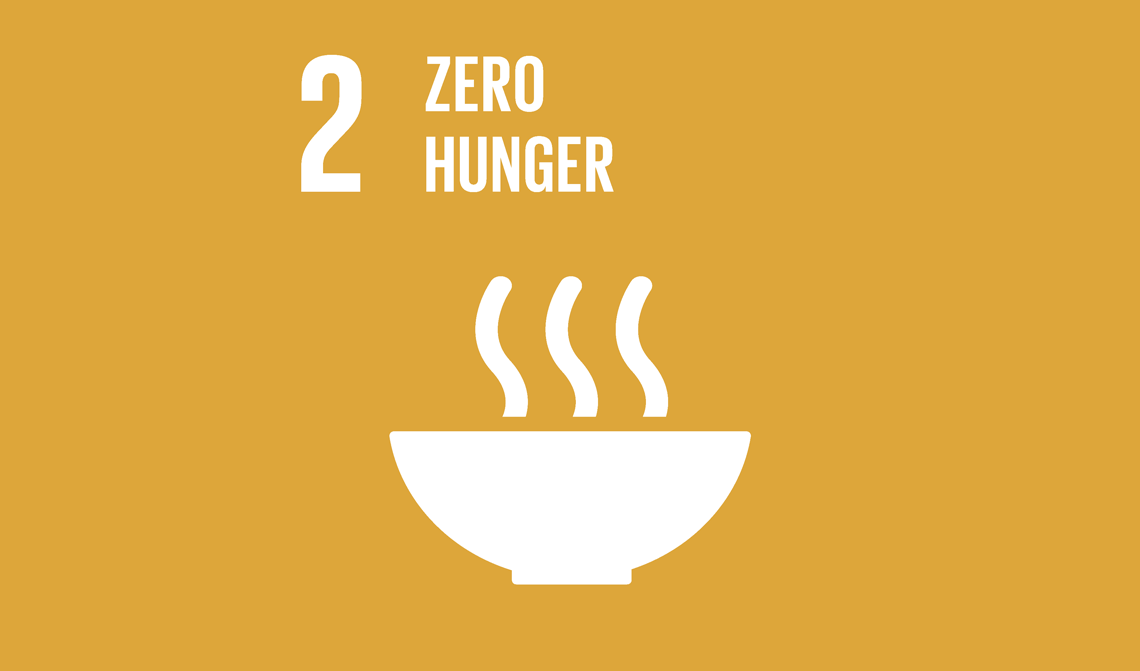
Goal 2
Zero hunger.
-
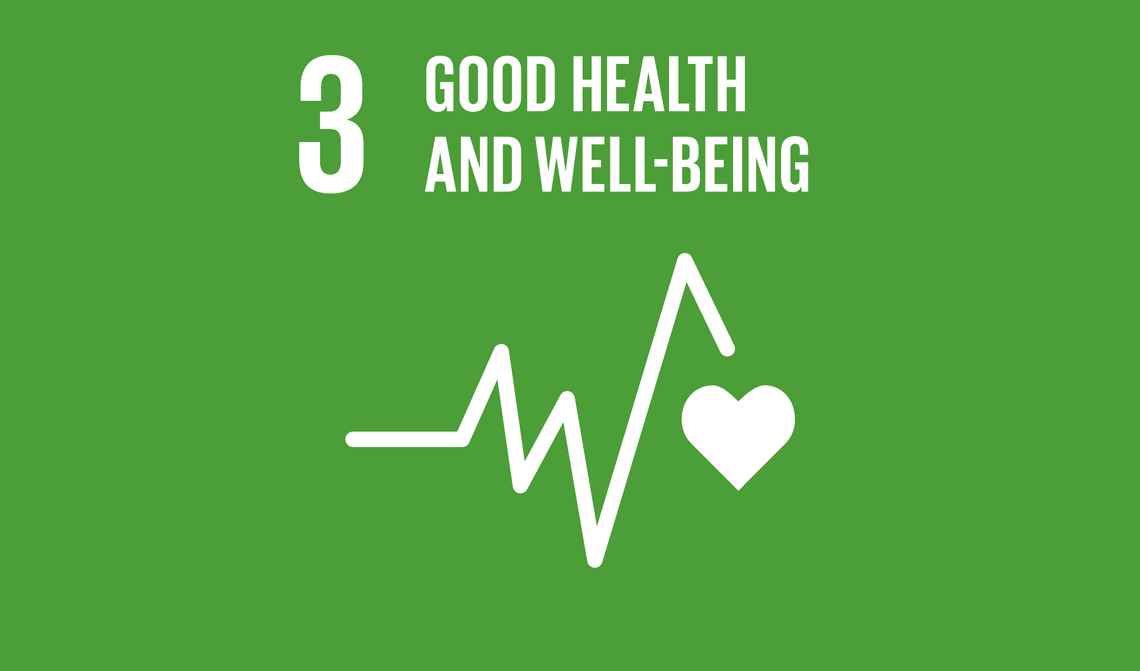
Goal 3
Good health and well-being.
-
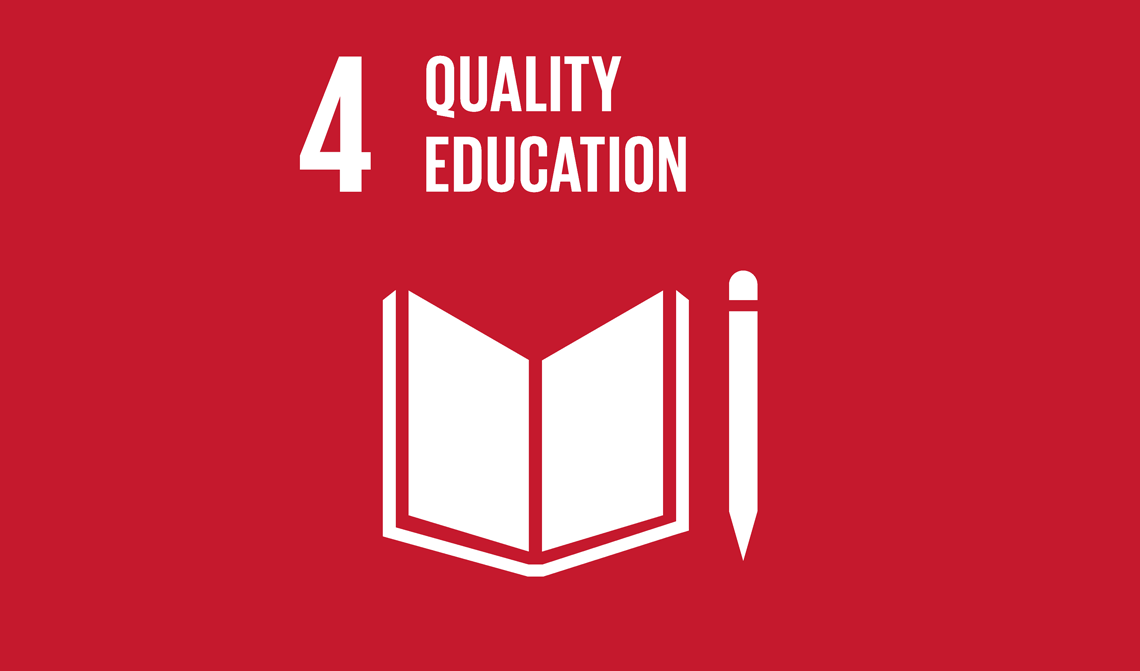
Goal 4
Quality education.
-
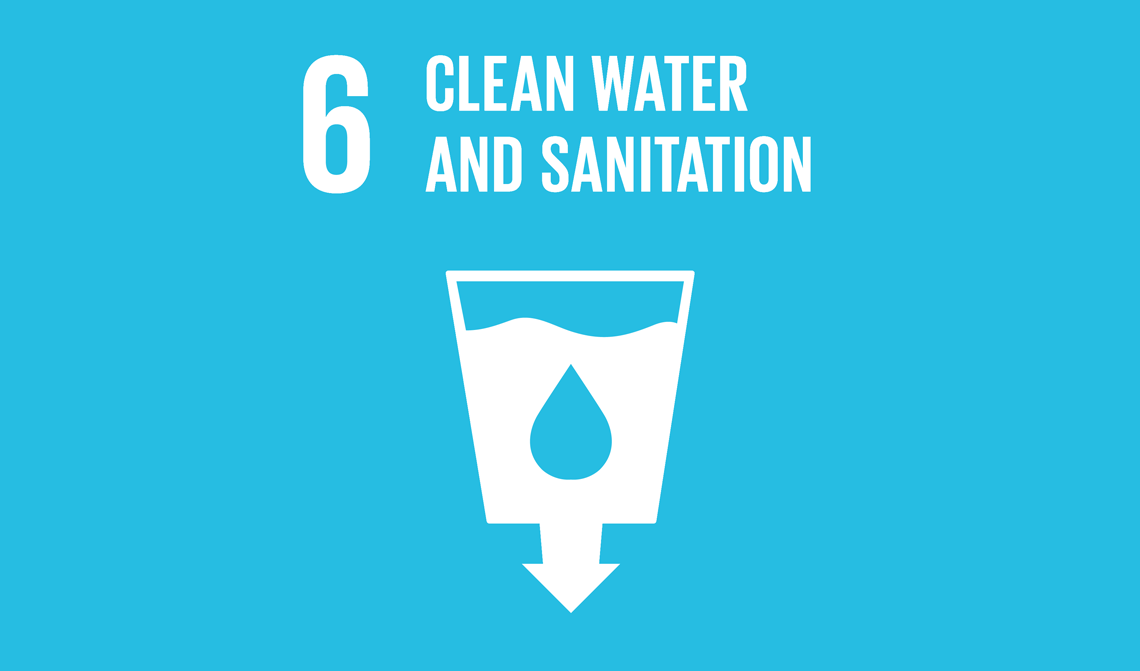
Goal 6
Clean water and sanitation.
-
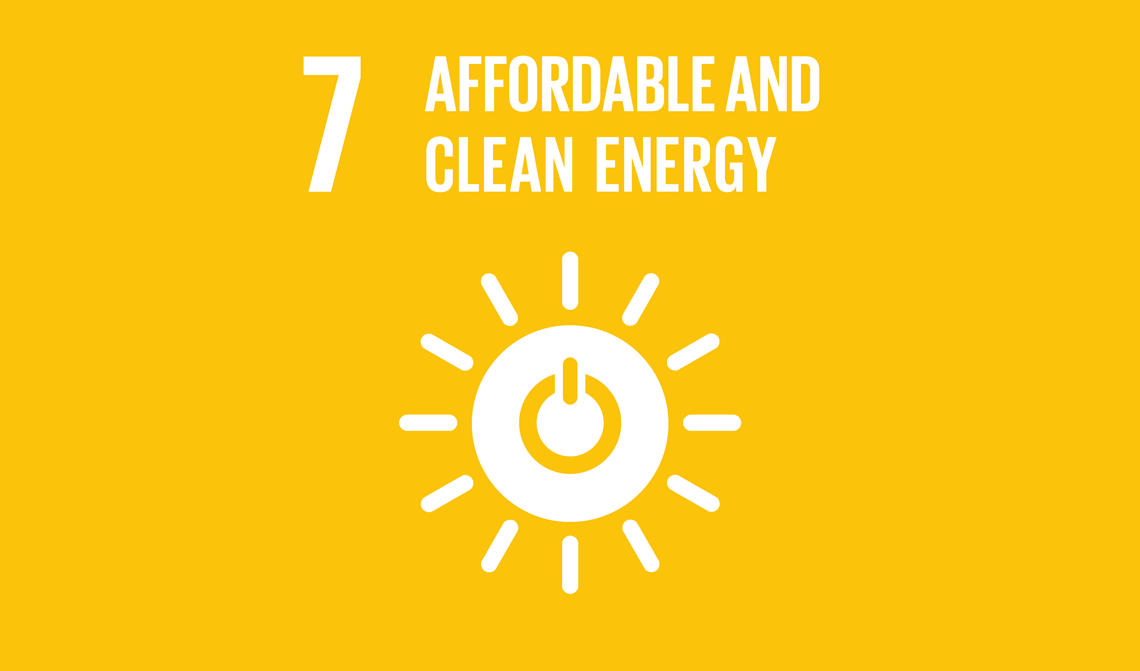
Goal 7
Affordable and clean energy.
-
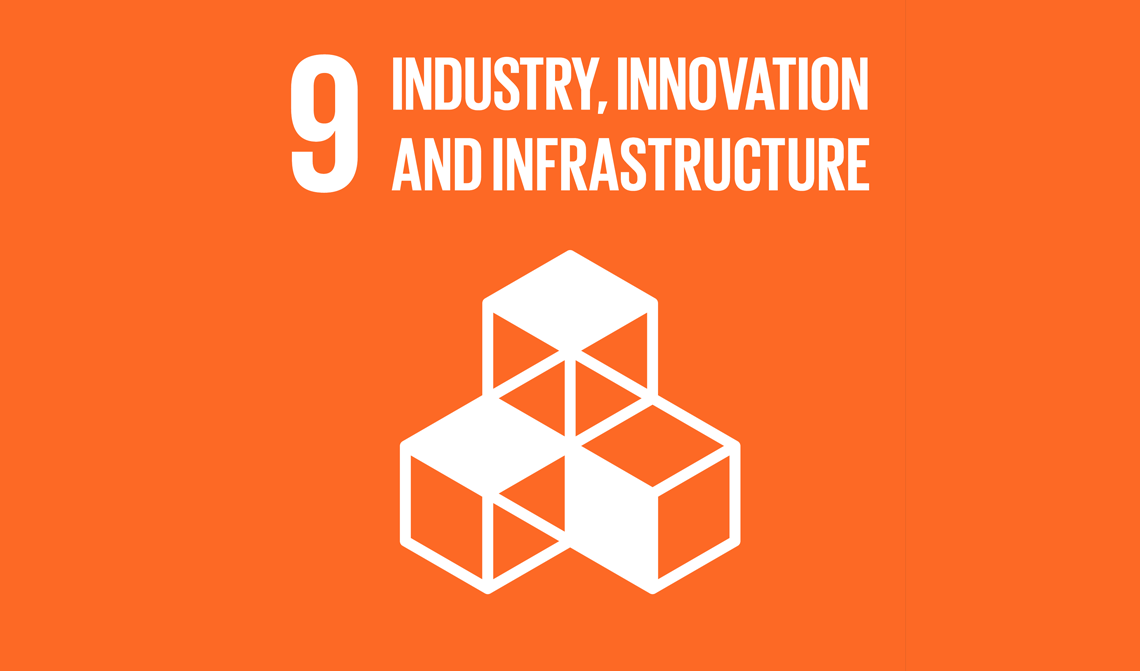
Goal 9
Industry, innovation and infrastructure.
-
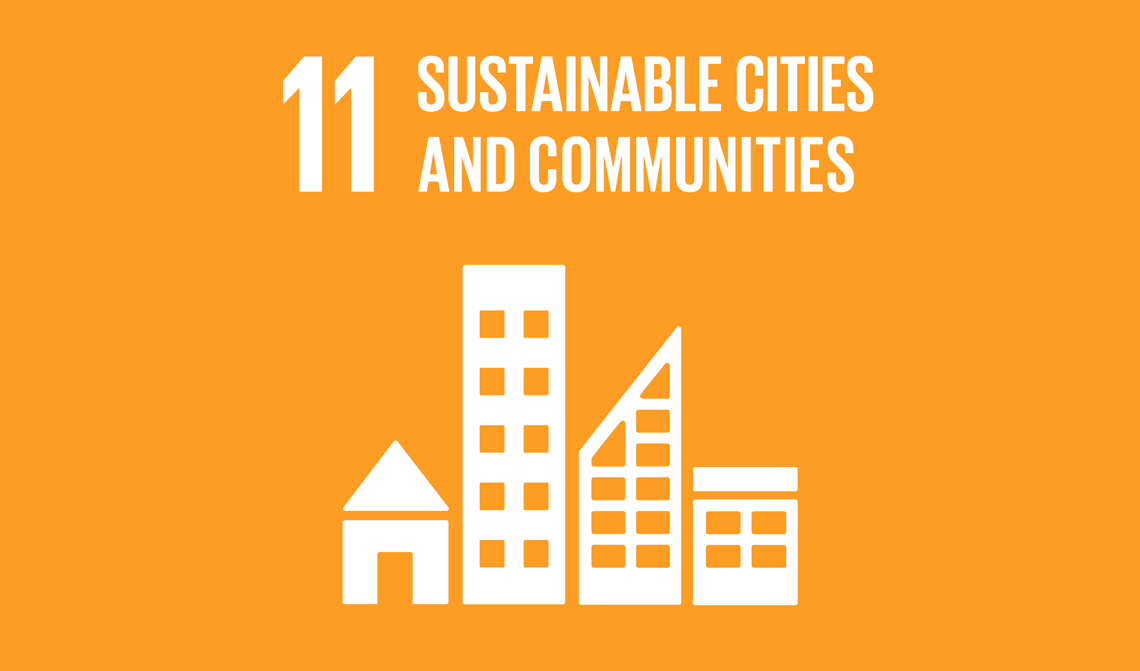
Goal 11
Sustainable cities and communities.
-
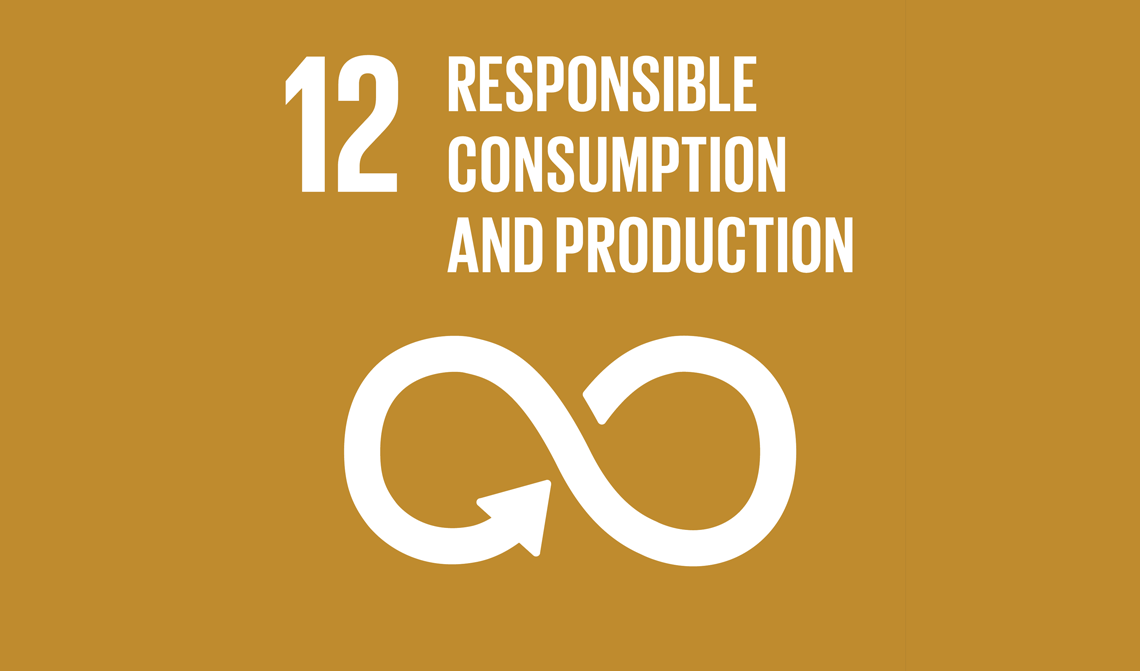
Goal 12
Responsible consumption and production.
-
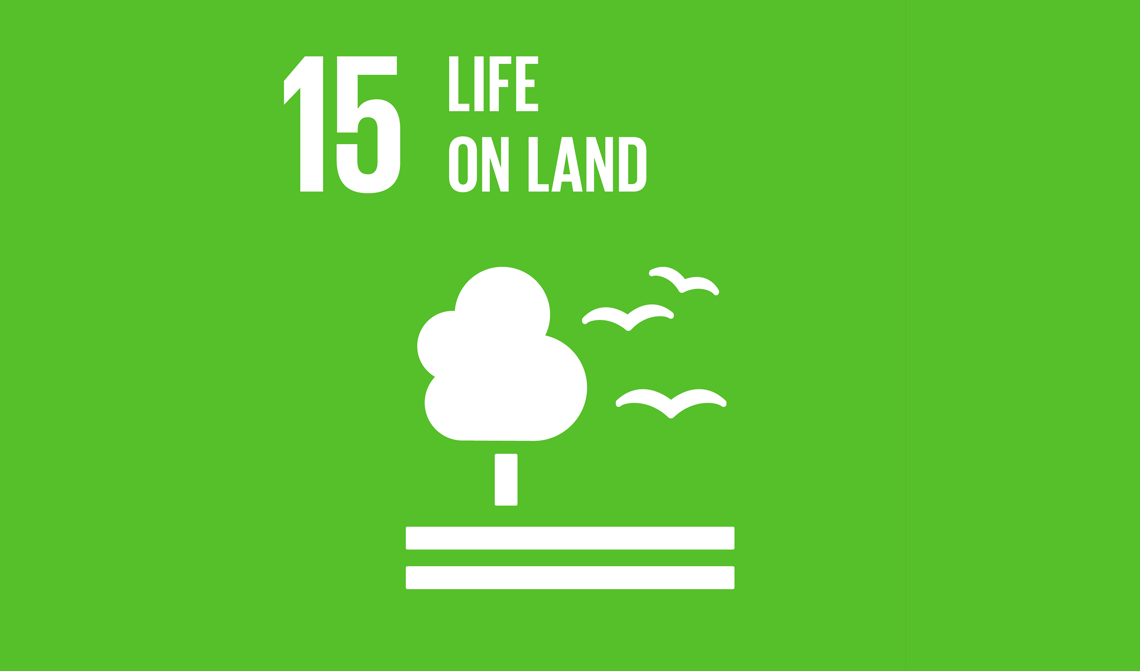
Goal 15
Life on land.
-
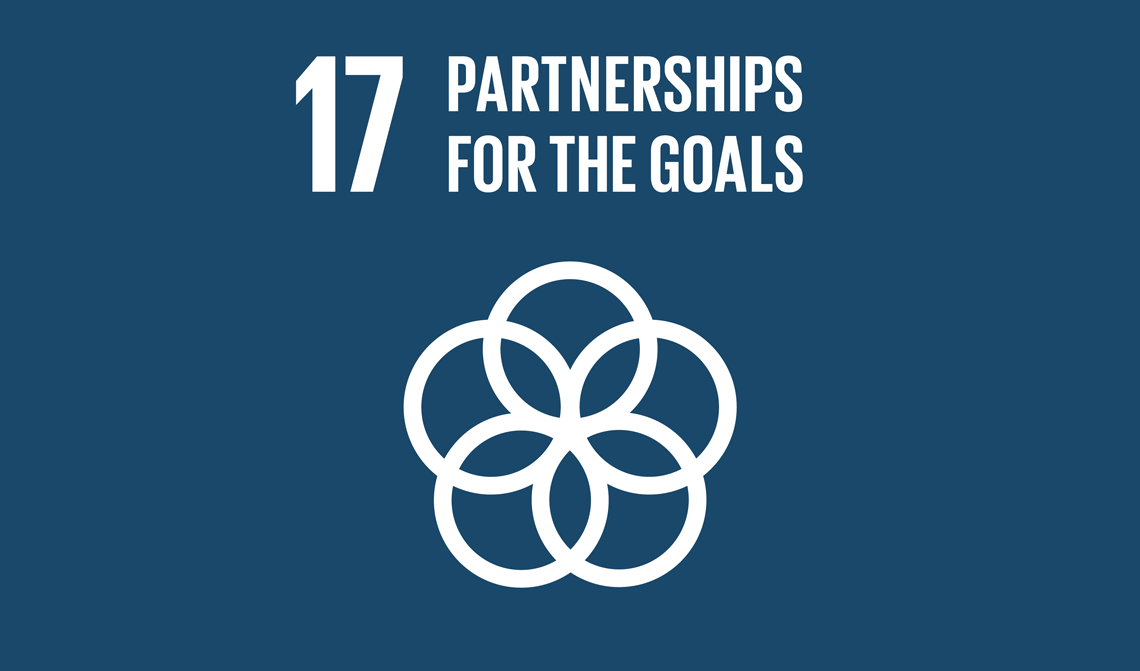
Goal 17
Partnerships for the goals.
